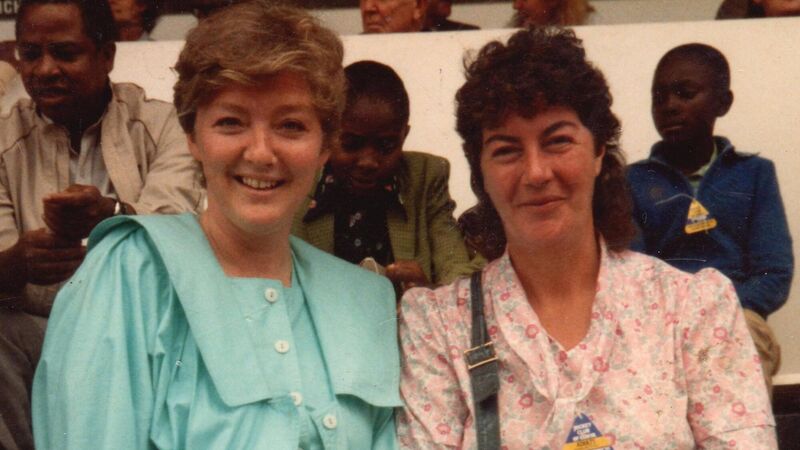Clodagh Finn: Is Women’s Little Christmas really a day to celebrate?

Marian Finucane and Nuala O'Faolain were supremely talented women who fought to achieve social change in Ireland.
Happy Nollaig na mBan! I want to rejoice and be happy and embrace Women’s Little Christmas, which falls today, but something is holding me back.












